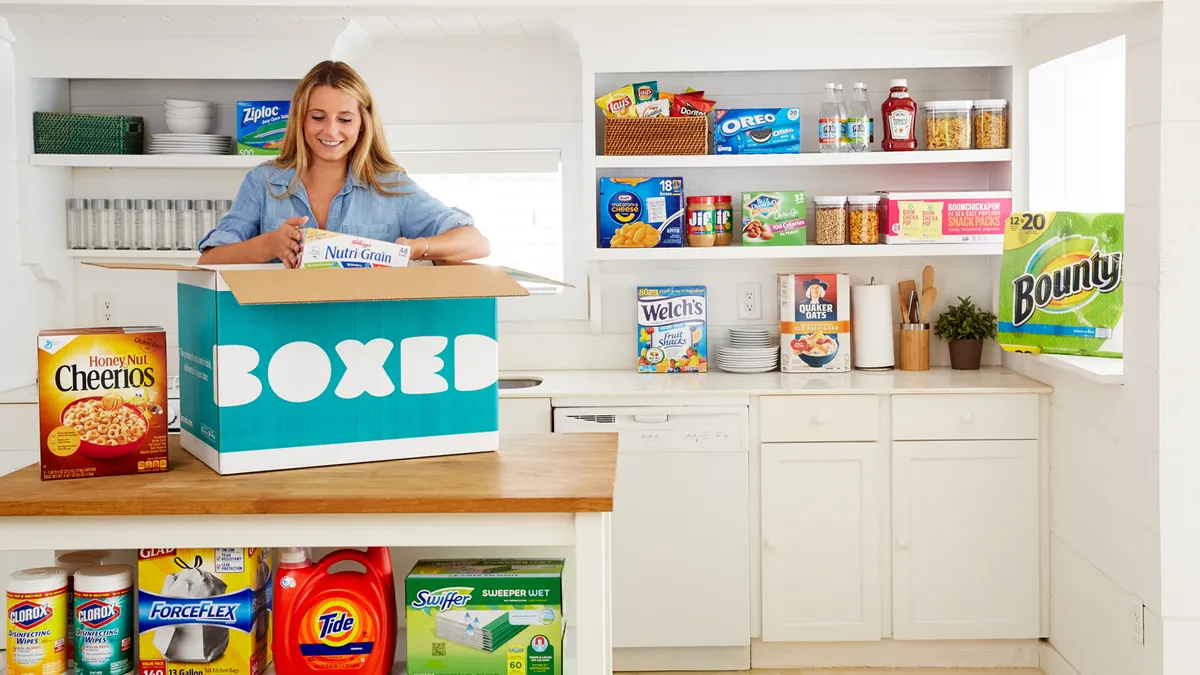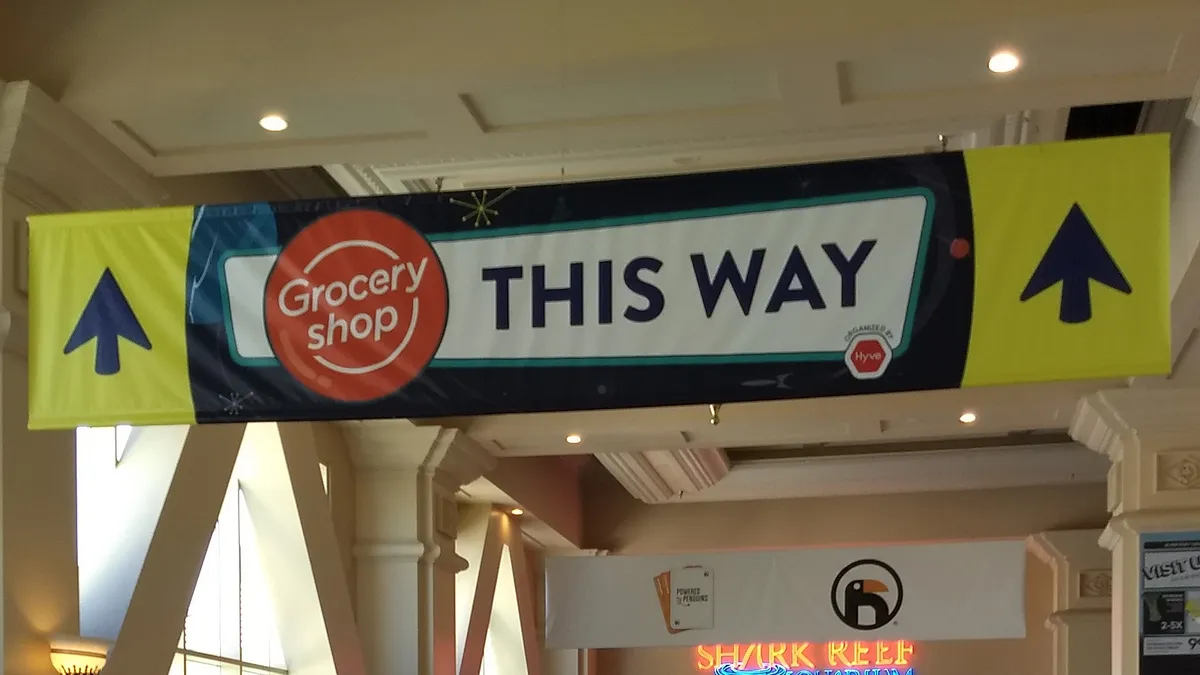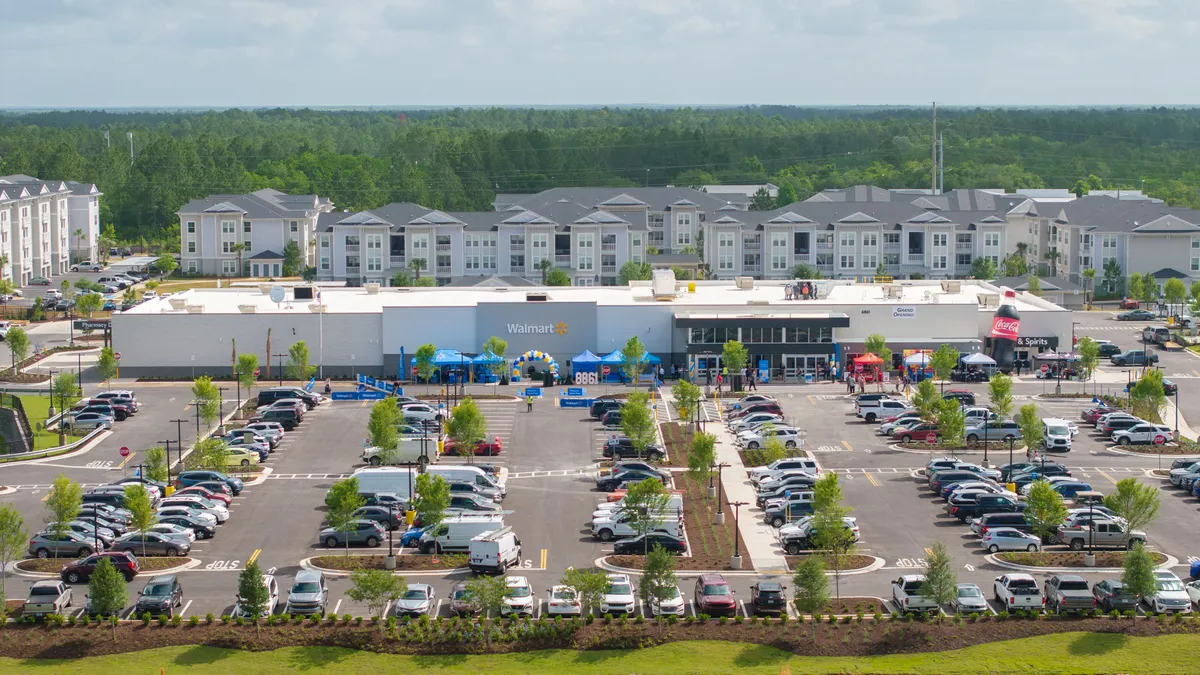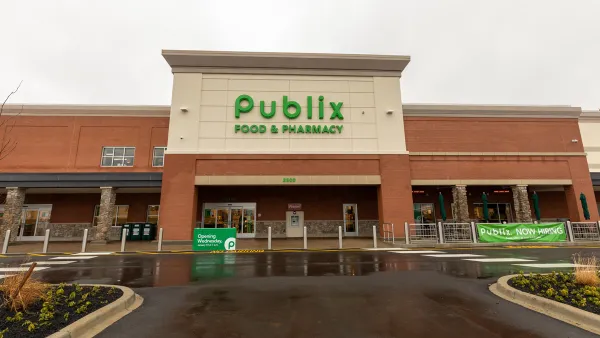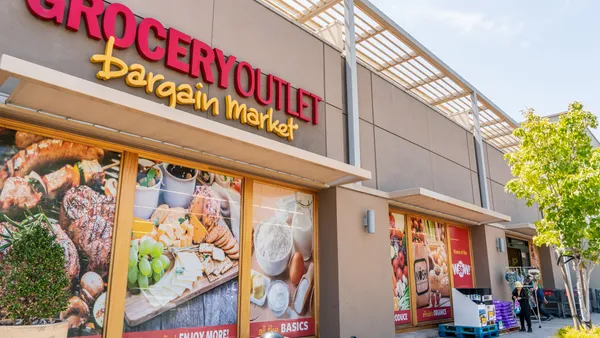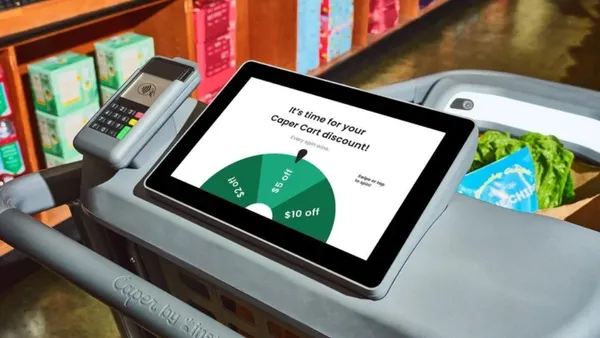As Boxed strives to improve its sagging financial picture, the online bulk order-focused company is finding that its business-to-business initiatives are considerably more remunerative than its consumer-facing operations, executives said Monday during an investor conference hosted by ICR, a communications and advisory firm.
That dynamic is attributable to the fact that Boxed’s B2B customers typically spend around $300 per order — about three times the average order value among Boxed’s B2C shoppers, Chief Financial Officer Mark Zimowski said.
“That really enables us to spread a lot of those variable costs over a larger number of units, which makes each order that goes out much more efficient from an economic standpoint,” Zimowski said. “When you look at that trajectory, what we intend to do and how we intend to invest and grow there on a go-forward basis, that's going to support … turning us back to the profitability improvements we've been talking about.”
Zimowski said that Boxed has seen its B2B business recover after almost immediately declining roughly 70% to 80% because of the pandemic, underscoring the importance of that side of the company for Boxed, which specializes in selling bulk goods online and also provides e-commerce technology to other retailers.
Boxed is under pressure from investors to improve its finances. In November, the company posted a net loss of $26.4 million for the third quarter, compared with a loss of $5.9 million during the same period in 2021.
The company, which went public in late 2021 at $8.90 per share, has seen its stock market value fall precipitously since the middle of last year, with its price falling below the $1 mark in September and staying below that threshold ever since.
Boxed said last week that its board of directors is looking into “strategic alternatives” that include a possible sale of the company. The company also disclosed that it is “actively exploring” ways to attract funding.
In October, Boxed received a warning from the New York Stock Exchange (NYSE) that the company was out of compliance with the exchange’s rules because its share price had been below $1 for 30 consecutive trading days. The following month, the NYSE told Boxed that it was also in violation of the exchange’s requirements because its average market capitalization was less than $50 million over a 30-day time frame.
Chieh Huang, co-founder and CEO of Boxed, said at the ICR conference that B2B operations are often overlooked by retailers, presenting an opportunity for Boxed to build its business.
“B2B is, I think, [an] under-invested part of the e-commerce stack. So when you look at the opportunity out there, … there's less competition on that side of the house and the margin profile on that business,” said Huang. “The cohort behavior of the customers that patronize that business [is] much better than our B2C business.”
Huang said Boxed’s grocery delivery business also holds promise for the company. Boxed saw that its average order values (AOVs) “spiked” when it began testing fresh food delivery with its customers, he said.
Boxed, which purchased MaxDelivery, a New York City online grocery provider, in late 2021, generates AOVs of more than $100 with that business, Huang said. The company has expanded MaxDelivery’s service area to the city’s borough of Brooklyn and suburban Westchester County, which provide ample room for success even though they are less densely populated than Manhattan, he said.
“With big AOVs, you have more of a leeway to potentially take a little bit more time to deliver and still have the order be unit economic-positive,” said Huang.



